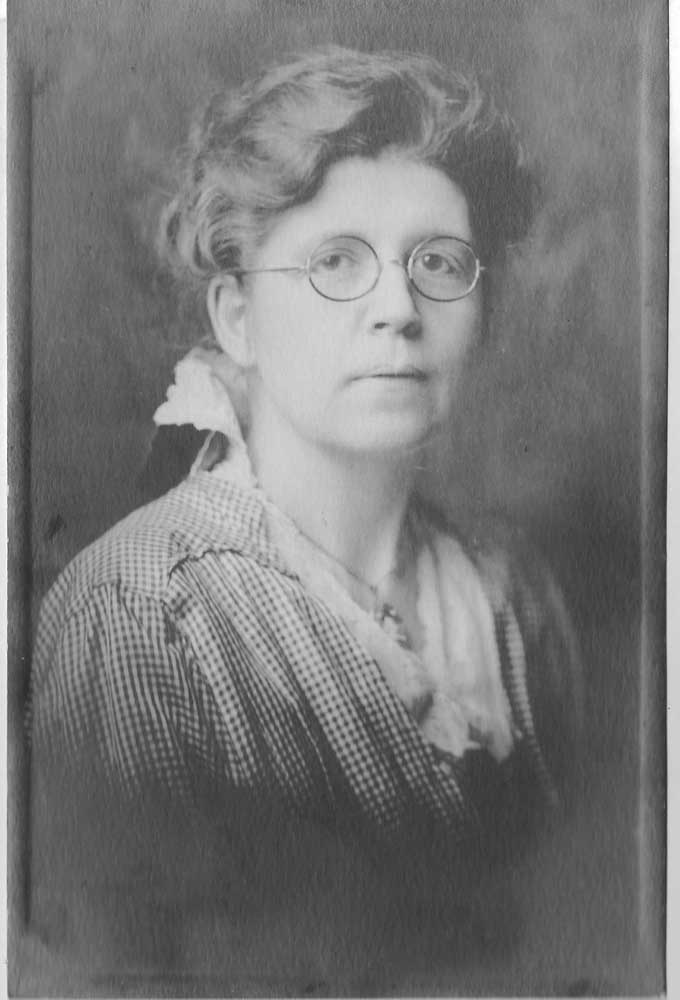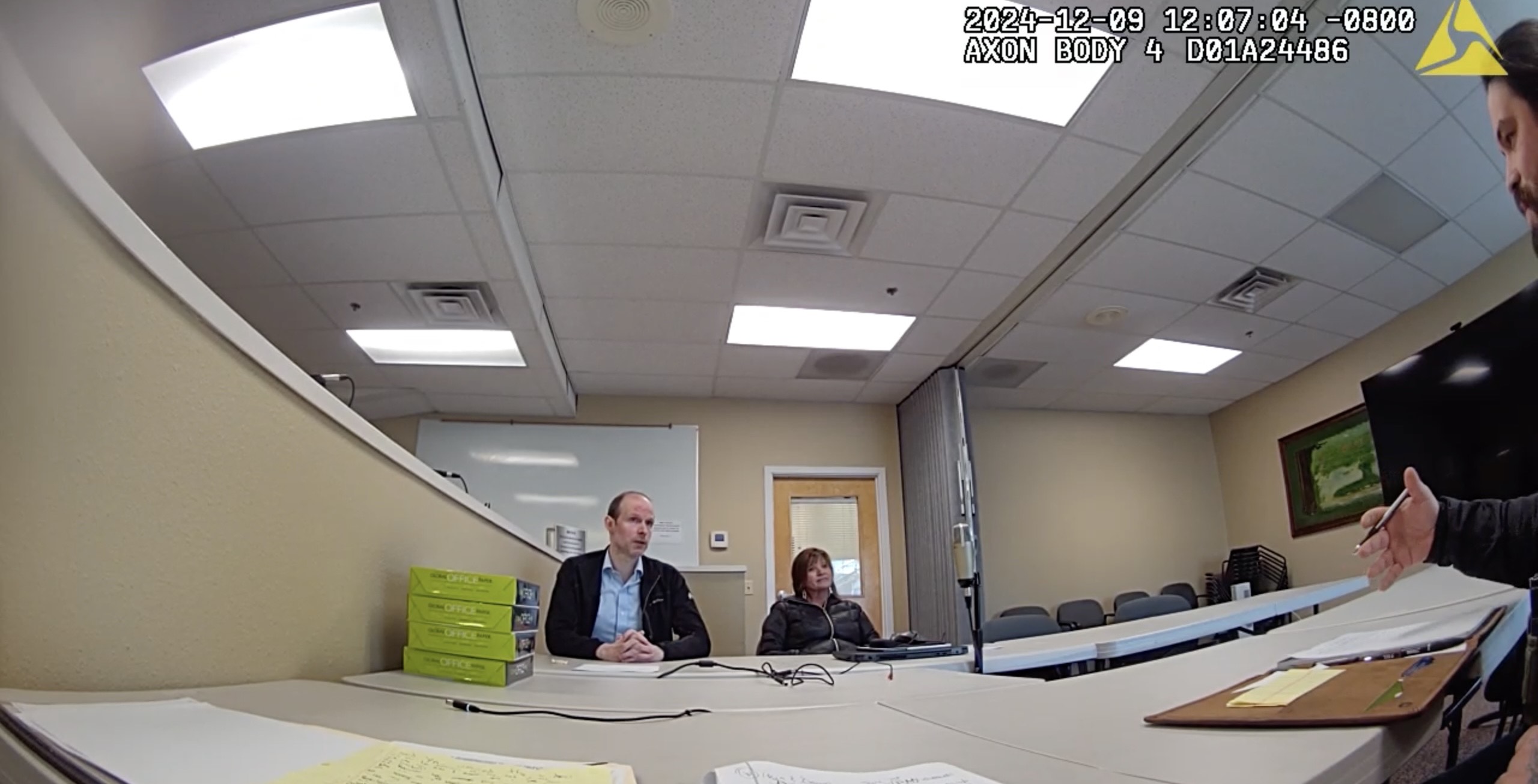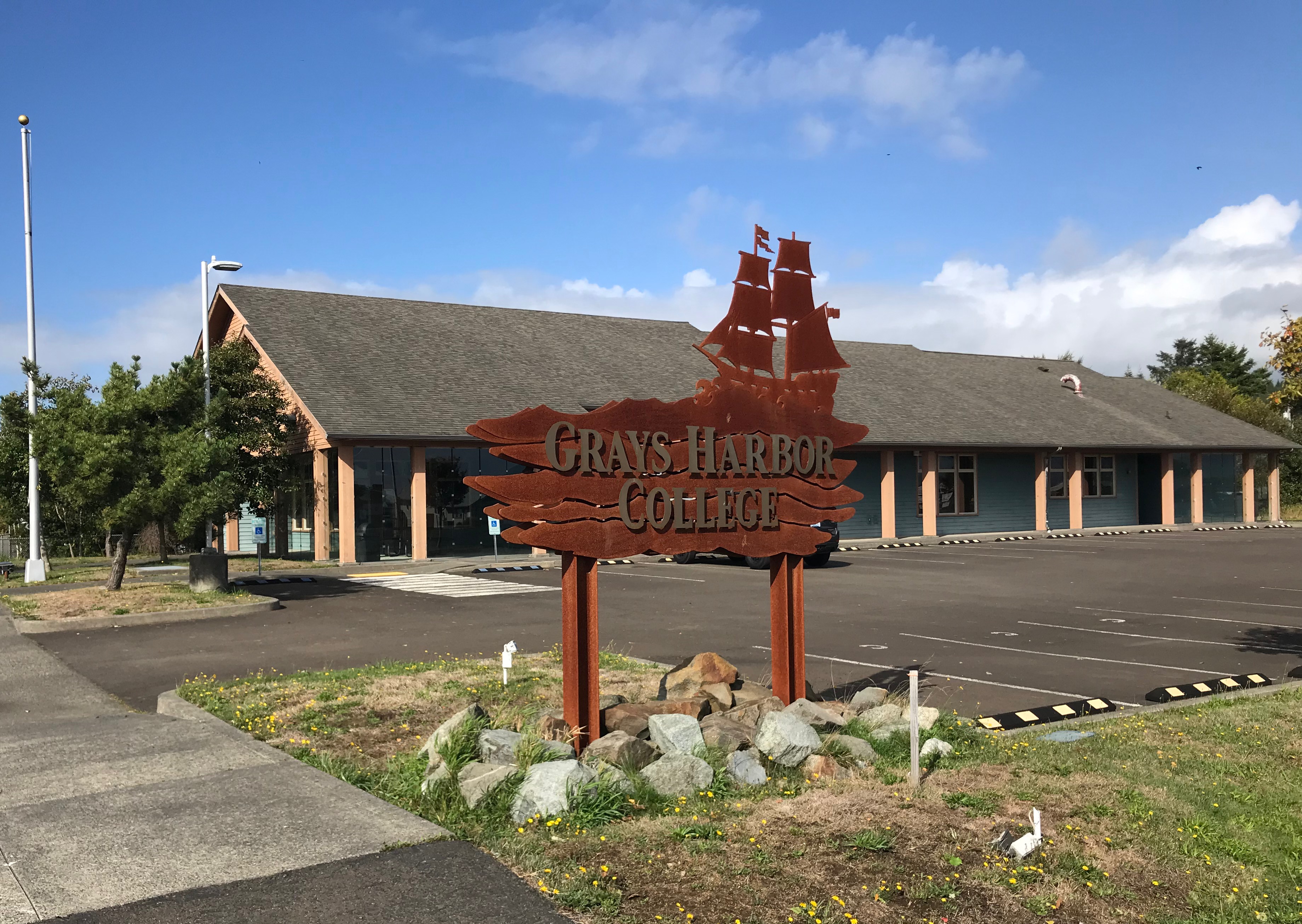Elementary, my dear… Dora and Helen: Two fine double-breasted sorts of women!
Published 2:35 pm Sunday, September 29, 2024

- Helen Richardson Espy
The very best compliment my Great-Aunt Dora could give another female was to call her a “fine double-breasted sort of woman.” In the years I knew her best — until I was about 12 and in Oysterville during my vacations and even for one full school year — I spent almost as much time with her as with her brother and sister-in-law, my beloved Papa and Granny. But I never quite understood what she meant by that particular comment.
Now, some seven decades later, I think I have found a glimmer of understanding which began with an email I received in February. It began: My name is Courtney Clements and I am a volunteer at the Oswego Heritage Council in Lake Oswego, Oregon. I am working on an exhibit about women in Oswego history and came across your website while researching Dora Espy Wilson. As you likely know, she was born in Oysterville in 1872 to Robert and Julia Ann (Jefferson) Espy. She moved to Oregon by 1895 and to Oswego by 1910. Here she was active in the women’s club and served on the school board.
Ms. Clements was inquiring about photos of Aunt Dora (which I was able to supply) and in the ensuing months kept me posted about other information she was discovering: Mrs. A. King Wilson, Oswego, Ore. was listed as a member of the Oregon State Equal Suffrage Association in 1912 (OSEA record book 1872-1912). In 1916, she was elected to the Oswego school board, was reelected in 1917, and served as chair of the board…. I will take a picture of Dora’s voter registration card from 1913. It was the discovery of a set of these cards in the Lake Oswego Public Library’s collection that set me off on this project. As you may know, Oregon women got the vote in 1912, so these cards are particularly exciting. One of the cards, for a Mrs. S.H. Crookes, is signed by “Dora E. Wilson, chairman Election Board.”
The answer at last!
I still wondered about her “double-breasted” remark. Was she was comparing women to up-and-coming men who wore double-breasted suits? I looked up when double-breasted suits were in vogue for men. In the 1890s and again in the 1950s, I learned. That didn’t seem to fit, So I searched for women’s dress styles and found this: Suffragette suits: Suffragettes wore double-breasted jackets as part of their “Suffragette Suit” in combination with long skirts or dresses and sashes.
Oh, Aunt Dora! How I wish I could give you a great big hug — for being such an influence in my young life and in ways it has taken me all these years to fully understand. How I wonder what you would think about our present-day voting concerns and our upcoming presidential election.
My gentle little grandmother, Helen Richardson Espy, was the polar opposite of Aunt Dora in many ways. Yet, they were good friends from the time they met in the 1890s when Papa was courting Granny, and on into the mid-1950s when they died within a year-and-a-half of each other. After I was born, it was my grandmother who lived with us and cared for me when my mother had to be hospitalized until I was nearly a year old. Even though Granny was already losing her sight, she traveled by train to Boston where she spent a year away from Papa and Oysterville to take care of me, her first granddaughter and only child of her own youngest daughter.
A Woman’s Place?
Granny had raised seven children, herself, and though I didn’t know it then, I couldn’t have had a better surrogate mother. She would eventually become one of the main “characters” in my book “Dear Medora,” which is based, in part, on the correspondence between her and her first-born child. In one of those letters. written Nov. 3, 1914, she said:
This has been Election Day and some way it has been strenuous. Papa, Mr. Stoner and Mr. Goulter have charge of the polls. Mrs. Stoner took the men up their noon meal and I sent dinner tonight. Our stove has been smoking to beat its record, and I had an awful time getting anything cooked. To top it off, your three-year-old brother went off with little Albert Andrews today and had an undress parade right down Fourth Street. I was so provoked. They were not together fifteen minutes. This happened while I was off voting. Willard has been threatened with dire results if he went ever since their last “undress parade” so I punished him this time and think he is duly impressed. It just goes to show that women belong at home and not at election polls.
And yet, I’m sure that from the time women could vote in 1910 in Washington, my grandmother never missed an opportunity, even when arrangements had to be made because she had become legally blind. After all, she had been Papa’s greatest supporter and helpmate during the years (1910-1912) that he served as representative from Pacific and Wahkiakum counties in the state legislature. (Both my uncle Willard and my mother were born in Olympia where the family had “removed” when the legislature was in session.) And in the 1920s Helen, herself, “had charge of the polls” in Oysterville on election days.
Still and all, as I look back on my grandmother and consider the values she instilled in her own “flock” and in me, I am sure that she would have easily been considered “a fine double-breasted sort of woman” by Aunt Dora — and vice-versa, although I doubt that my grandmother would have used quite those words to express her admiration for her sister-in-law!





